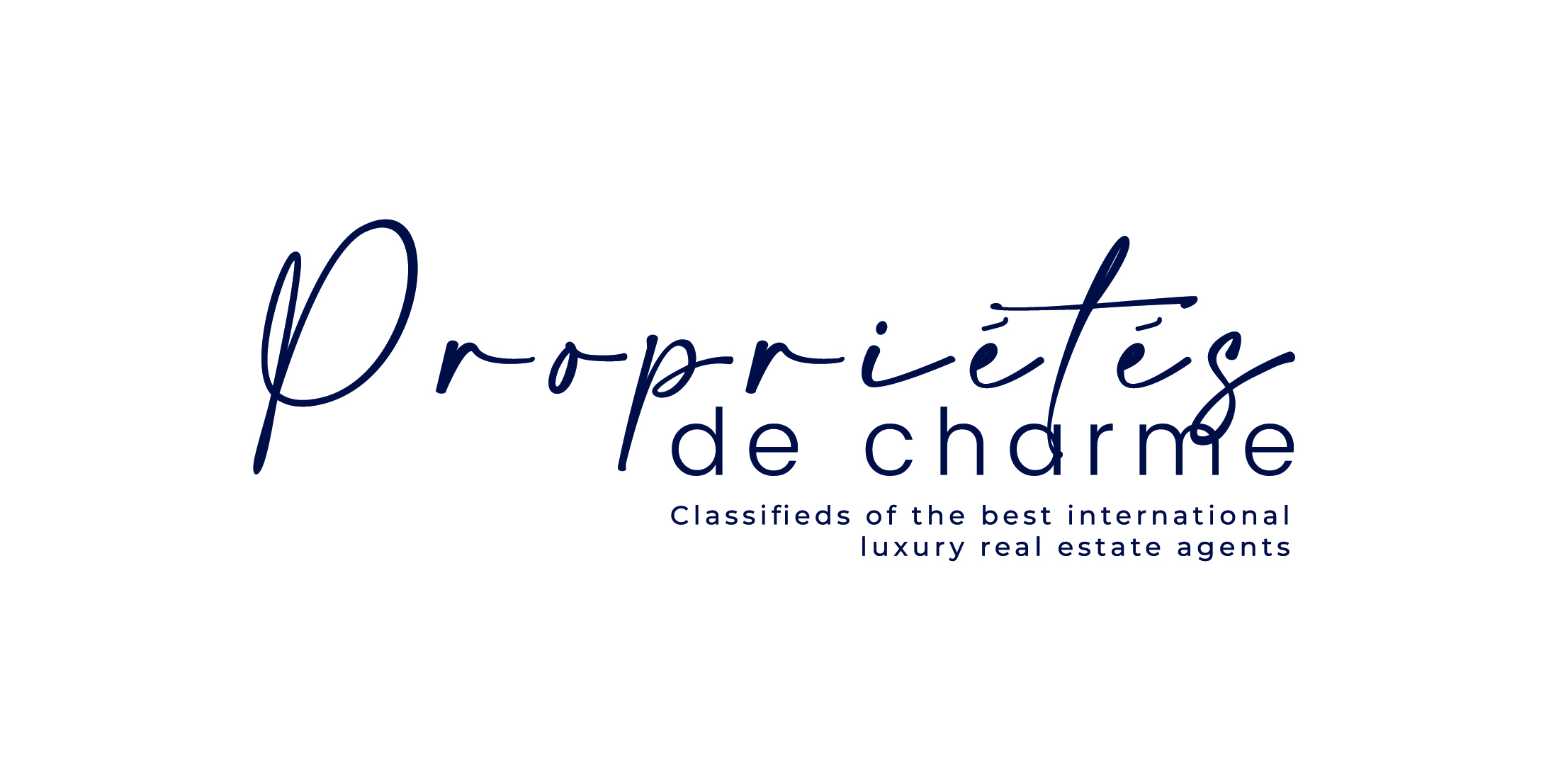📉 When real estate goes, everything is fine! 📈
Real estate, engine of the world economy, faces a 35% drop in transactions in France. Discover the causes of this fall and how real estate remains a key sector of the economy with recovery opportunities. 🏡💼📊
🏡 Real estate, this essential sector
Real estate, this sector as fascinating as it is immense, is often perceived as a first -rate economic barometer. The adage “When real estate goes, all goes” has never been so relevant. When the real estate market takes up height, it is often the whole economy that is recovering, and the related sectors that flourish. Real estate is much more than a simple purchase and sale market, it is an essential engine of the global economy.
💡 A engine of the global economy
There is no secret that real estate is a fundamental pillar of the world economy. Not only does it generate massive demand for building materials and specialized services, but it also represents a vector for creating jobs. Indeed, when real estate is dynamic, it stimulates the consumption of lasting goods, promotes the creation of jobs and supports the financial industry through real estate credits and other forms of financing.
This is reflected in many sectors: the sale of furniture, household appliances, the construction of new infrastructure, and the evolution of residential neighborhoods. These are not only properties, but a dynamic ecosystem connecting various industries.
🔑 High -end real estate market trends
Luxury properties are experiencing a boom that exceeds geographic borders. In Paris, Monaco, New York or Bora Bora, the high -end market is doing well. This sector shows continuous growth, attracting buyers ready to invest in exceptional goods.
Real estate luxury is reinventing itself every day. More and more sought after: breathtaking views, optimal comfort, rare materials and contemporary design. Today, luxury real estate goes beyond the simple concept of residence. It becomes a true art of living, a symbol of exclusivity, and often a way of embodying a status. For example, penthouses with panoramic views of the sea, private villas, renovated castles or private islands are goods that meet ever higher expectations.
The high -end market, especially in times of economic prosperity, attracts an international customers ready to invest. This results in growing demand and increasing prices, while ensuring high profitability for investors.
📉 Positive signals: a confidence found?
Despite a period of notable decrease in real estate transactions, the signs of a recovery are gradually taking shape. In 2023, France recorded a 35% drop in real estate transactions over two years. A drop caused largely by increases in interest rates that have made credits more difficult to access. This dynamic mainly affects the residential market, but certain sectors, such as luxury, continue to get out of the game.
However, elements make it possible to glimpse stabilization, even a medium -term recovery. Support policies, tax reforms such as the reduction of property wealth tax (IFI) and the arrival of low -rate loans for certain categories of customers have made it possible to restore confidence to investors.
🌍 A refuge value: real estate, always a pillar
In an unstable economic world, real estate is perceived as a refuge value. In times of financial market volatility, real estate constitutes security, and this applies to various types of properties: conventional or prestigious residences. Real estate, especially in areas with high demand, remains a tangible and secure good in which investors like to position themselves.
High -end properties, such as villas with swimming pool, luxury apartments in international cities, or residences by the sea, become increasingly popular investments. They offer a double guarantee: that of financial security and that of a property that takes value over time.
💡 The main trends of tomorrow: towards sustainable real estate
The future of real estate is based today on a new era: that of sustainable development. In fact, more and more customers are looking to combine luxury and respect for the environment. This change is manifested by the multiplication of ecological properties and lasting constructions which meet strict criteria in terms of energy, materials used, and bioclimatic design.
Innovative energy solutions such as solar panels, geothermal energy and the energy efficiency of buildings are now essential in the real estate projects of tomorrow. Green architecture is thus positioned as a criterion of choice for investors and individuals anxious to reduce their ecological footprint.
🏠 The real estate market in France: a temporary slowdown?
Despite a significant drop in transactions in France, the real estate market remains robust. Over the past two years, the sales volume has dropped by 35%. This drop is assigned to changes in monetary policy, including the increase in interest rates that have cooled part of the demand. However, this situation must also be seen in a transition context.
The recovery prospects are real. The residential market slowly begins to stabilize. The drop in prices in certain regions could offer new opportunities for buyers. In parallel, the luxury real estate sector continues to thrive and attracts foreign investors, especially in areas of high demand such as Paris, the Côte d'Azur or large cities like Lyon and Bordeaux.
🔮 An uncertain but possible recovery
The return of confidence in the sector will depend on a number of factors. The principal will be the evolution of interest rates. If the latter stabilize or start to decrease, resumption of transactions could occur fairly quickly, especially for goods located in large cities and prized regions.
Real estate remains, despite the current economic turbulence, a key investment sector. Analysts provide that demand in major cities, especially in the luxury sector, could continue to grow, supported by factors such as geopolitical stability, increase in income in certain population segments and security that real estate Provide.
🏢 New forms of housing: the impact of the health crisis
The COVVI-19 health crisis has profoundly changed the expectations of buyers and tenants. Teleworking, which has become a standard in many companies, has led to a redefinition of real estate research criteria. Living spaces must now reconcile comfort, connectivity and well-being.
The apartments with dedicated office spaces, houses with garden and terrace, and even luxury residences with specific equipment (such as integrated coworking spaces), are now in high demand. The question of space and functionality becomes essential, and the properties that meet these new requirements benefit from a premium on the market.
📊 When real estate goes, everything is fine
Real estate, with its diversity and multiple facets, is an essential pillar of the world economy. When dynamic, it creates positive effects in many sectors and becomes a growth engine. In France, despite a marked slowdown, signs of a recovery are emerging. Investors remain optimistic, and high -end properties continue to attract international customers.
The real estate sector remains a refuge value for those who seek to secure their assets while taking advantage of regular growth. With the boom in sustainable and ecological constructions, the real estate of tomorrow should also meet environmental issues while remaining at the forefront of luxury.
In any case, as the adage says so well, "when real estate goes, everything goes" . Real estate is a barometer of the economy, and when the sector is healthy, this leads to positive repercussions for the whole economy.
Sources:
- Le Figaro - Real estate in 2024: a fall of 35% of transactions in France
- Les Echos - The future of the real estate market: a possible recovery


